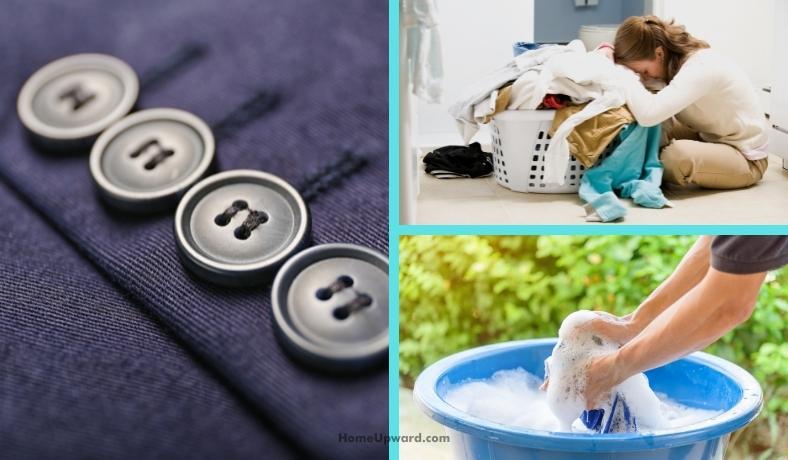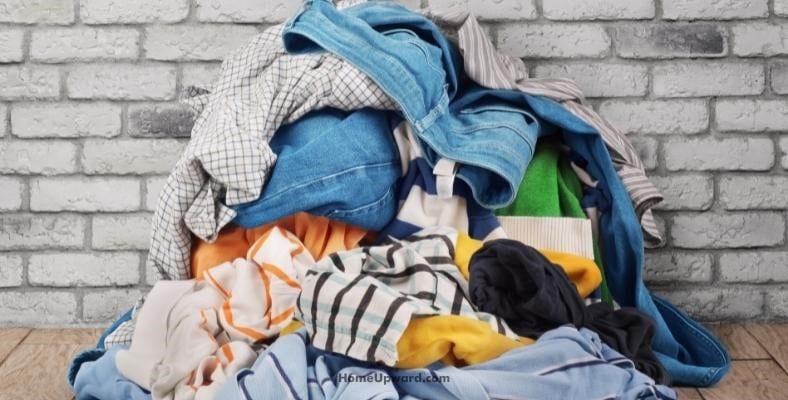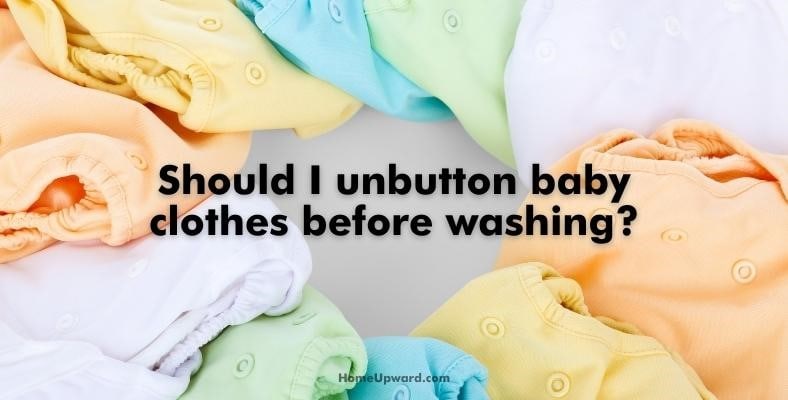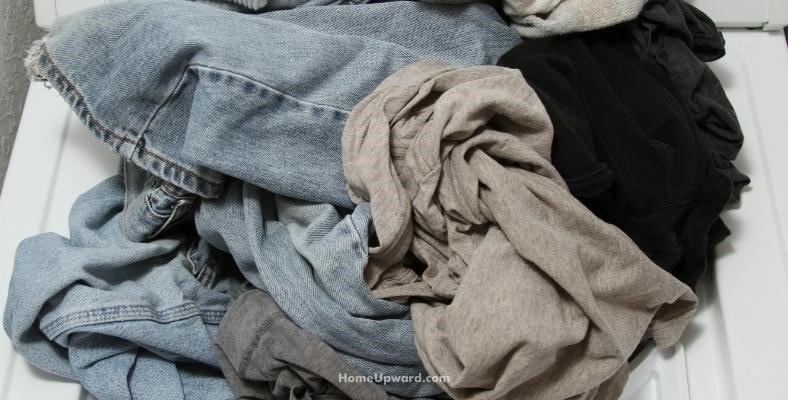Contents
A good rule of thumb is to always unbutton each shirt button when you’re putting clothes in the wash. The same is true of pants, but that’s a discussion for another day.
The reason for unbuttoning before washing is to prevent the buttons from stretching and pulling.
If you’ve ever noticed that your shirt buttons get loose too quickly or you’ve lost a button mysteriously, the laundry machine is likely the culprit.
Washing machines spin and rinse our clothes intensely. All of that spinning and moving leads clothes to slam into each other and get tangled.
In instances where tangling occurs, clothes that pull away from one another can do so with a lot of force. Buttoned shirts in those situations can pry open, loosen, or dislodge buttons from their places.
When the shirt is unbuttoned it can go through the course of the wash without risk of any damage to the buttons.
Should I Remove Collar Stays From a Dress Shirt Before Washing?
Collar stays are an essential piece of the puzzle for your dress shirt. So long as the stays are intact, your collar looks excellent without fail.
The washing machine certainly puts the structure of your stays in jeopardy, though.
It’s smart to remove collar stays before you wash a shirt. Another option is to remove the “permanent” stay and substitute it with a metal stay that you purchase to use interchangeably among your shirts.
These are usually pretty affordable and can work well with most shirts.
What’s the Best Way to Wash a Shirt?
Nice shirts can feel a little too precious sometimes. If you pay a high price for a shirt, you want to keep it as pristine as possible.
If you know how to wash you can wear the shirt regularly and keep it in excellent condition.
- Start by unbuttoning all buttons and removing the collar stays if you can.
- Apply a little detergent to all stains before you wash. Sweat stains typically require a mild detergent and a little warm water.
- Nice shirts typically warrant the delicate cycle on your washing machine.
- Light-colored and white shirts require that you use hot water. Alternatively, use cold water cycles on dark shirts, so the colors don’t start to fade. Color catchers can also help avoid dyes getting onto other shirts in the wash.
- Find a detergent that’s made for the type of shirts that you’re washing.
- Finally, take the shirts out of the wash promptly and hang them to dry. Avoiding using a tumble dryer especially helpful for prolonging the fabric and life you’ll get from them.
Can You Wash Dress Shirts With Regular Clothes?
It’s alright to wash dress shirts or pants with regular clothes so long as you adjust the wash settings for the dress shirts. It’s typically better to wash dress shirts separately, though.
However, you should also wash regular clothes of the same color as your dress shirts so you don’t get any blending. Unless the clothes in the wash are all similar one of the articles will suffer.
Baby clothes require the same unbuttoning as your other clothes. Baby buttons might be more delicate and pop off easier, so make sure to unbutton all buttons.
It can get tedious but your clothes will last a lot longer, and you can pass them down to future children or donate them.
Should You Button and Zip Pants and Other Clothes Before Washing?
Pants are sturdier than shirts in most cases, but the general rule is to unbutton everything before you wash. After hundreds of wash cycles, buttons will start to wear down unnecessarily.
You’ll get a lot more use out of all of your articles of clothing if you take care and unbutton them before washing and drying. Turning them inside out is also a good idea in many cases.






